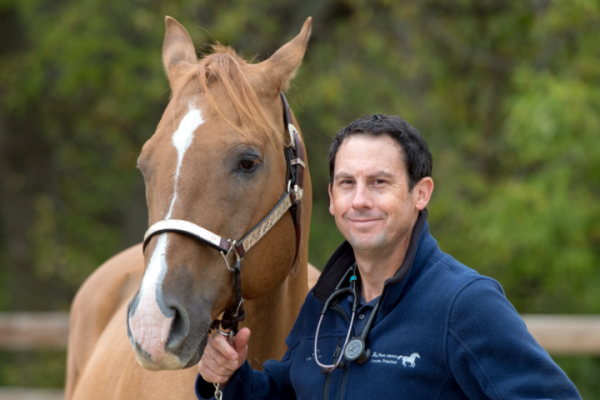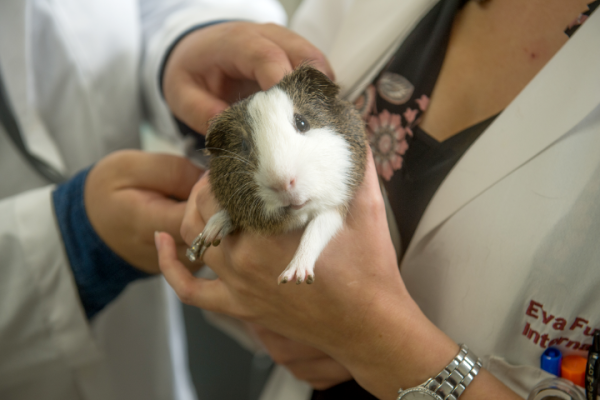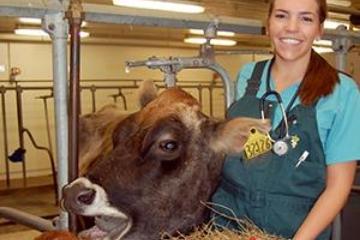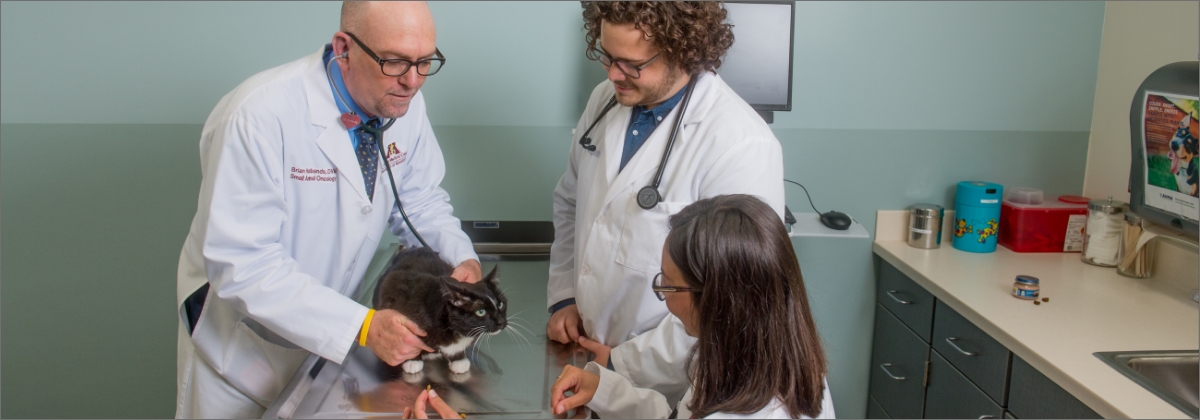
Our DVM program
Fully accredited, four-year professional program preceded by three to four years of pre-professional studies
Admissions
Degree overview
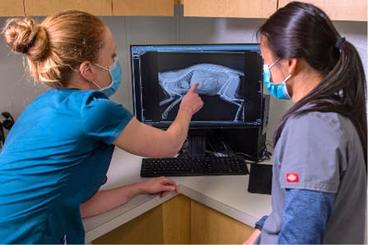
The recently revised, integrated DVM curriculum uses active learning and builds the relationship between the basic sciences and the clinical cases graduates will see in their practices. During the first three years of the DVM program, students focus on the study of the normal animal, the pathogenesis of diseases, and the prevention, alleviation, and clinical therapy of diseases.
The program concludes with 13 months of clinical rotations in the Veterinary Medical Center, where students learn methods of veterinary care and develop skills needed for professional practice. Students can choose from more than 65 rotations, ranging from Acupuncture to Zoological Medicine. The fourth year includes up to 10 weeks of externship experiences at off-campus sites of the student’s choice.
DVM students attend class full time, Monday through Friday, from approximately 8 a.m. to 5 p.m. Students do not have classes during the summer semesters between their first and second, and second and third years of the program. Students attend class for one full calendar year, including summer semester, during their fourth year. Learn more about student life.
Licensures
The DVM degree from the UMN CVM qualifies graduates to take the licensing exam in every state provided they pass the national exam and meet the state non-academic guidelines (background check, etc).
DVM students must pass both state and national board licensing exams in order to practice. The national exam is called the North American Veterinary Licensing Examination and is offered in the fall and the spring. All D.V.M. students from AVMA accredited schools must pass the North American Veterinary Licensing Examination (NAVLE) in order to be fully licensed to practice veterinary medicine in the United States. The NAVLE is administered by the National Board of Veterinary Medical Examiners (NBVME). Students typically take the exam during the fall and/or spring of their final year in veterinary school. The NAVLE pass rate for University of Minnesota students in 2020 was 96%. Those wishing to practice in Minnesota must also take the Minnesota Board of Veterinary Medicine licensing exam. Information regarding licensure in other states can be found National Board of Veterinary Medical Examiners.
Additional licensing requirements may vary from state to state. The Minnesota Board of Veterinary Medicine requires criminal background checks as part of its licensing process for both new and existing veterinarians. Please check with any state you are considering practicing in for specific details.
Dual degree programs
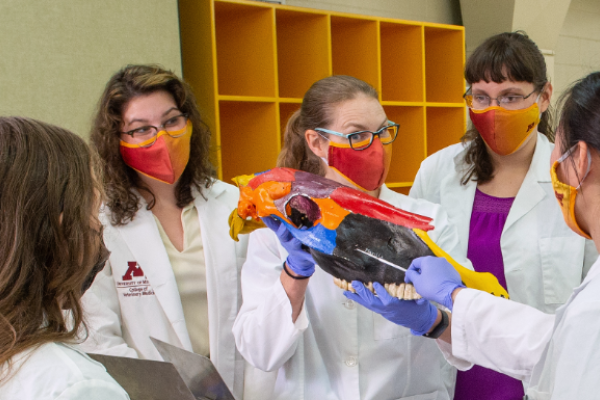
DVM-PhD program
We offer a highly competitive formal DVM/PhD curriculum. Through this program, students complete all professional degree requirements, as well as additional graduate study and bench research that are the basis of the PhD thesis. Dual degree candidates must be accepted into the DVM program before consideration for the PhD program. Once accepted, students have two options for completing a dual degree: the concurrent dual-degree option (students pursue the PhD in the middle of their veterinary studies) and the sequential dual-degree option (students complete the DVM degree before starting PhD studies). Financial support is available.
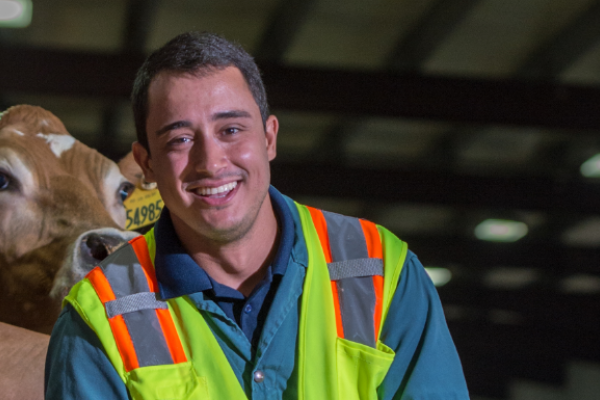
DVM-Masters in Public Health
In this program veterinary students can simultaneously earn a DVM and a master of public health (MPH) degree in as little as four years. Students obtain the credentials to work in government or industry on issues relating to food safety, emerging infectious diseases, biosecurity, and public health. MPH students complete veterinary and human public health field experience and a “culminating experience” project under the guidance of a faculty adviser. The MPH is offered by the School of Public Health, and the tuition costs are separate from those of the College of Veterinary Medicine. The program is designed so that both degrees can be earned in four years.

- Twin Cities Metro Area
- Access to specialized knowledge
- Hands-on Experience at Veterinary Medical Center (VMC)
- Culture of Collaboration
- Opportunities to practice community medicine
- Minnesota is a Tracking School (DVM)
AVMA accreditation
The University of Minnesota College of Veterinary Medicine has been granted full accreditation status by the American Veterinary Medical Association (AVMA) Council on Education. The AVMA is the accrediting agency which oversees colleges of veterinary medicine in the United States, Canada, and some international schools.
The college submits an annual interim report and participates in a full self-study and site visit every seven years, focusing on the assessment of the 11 standards of accreditation. Standards include such areas as: finances, physical facilities and equipment, clinical resources, admissions, outcomes, and more.
